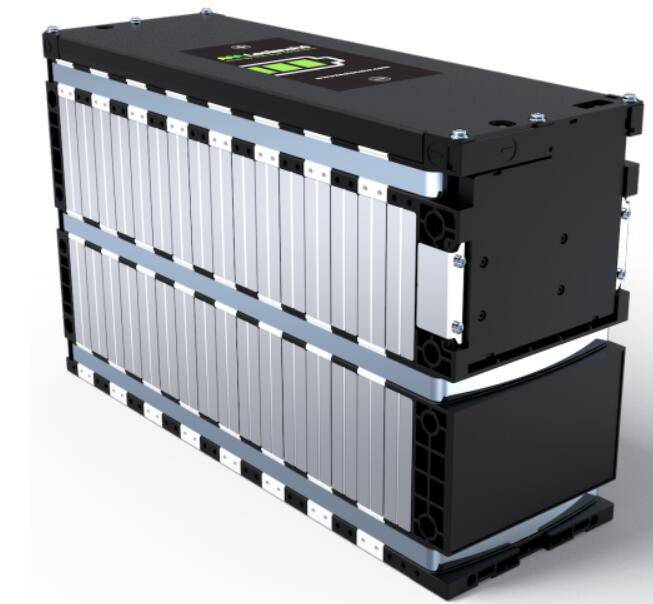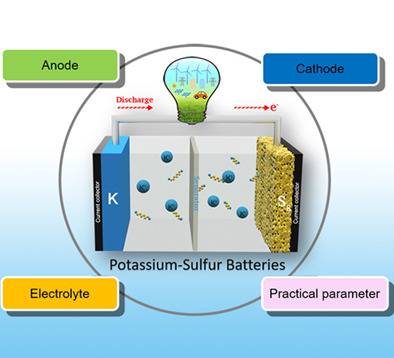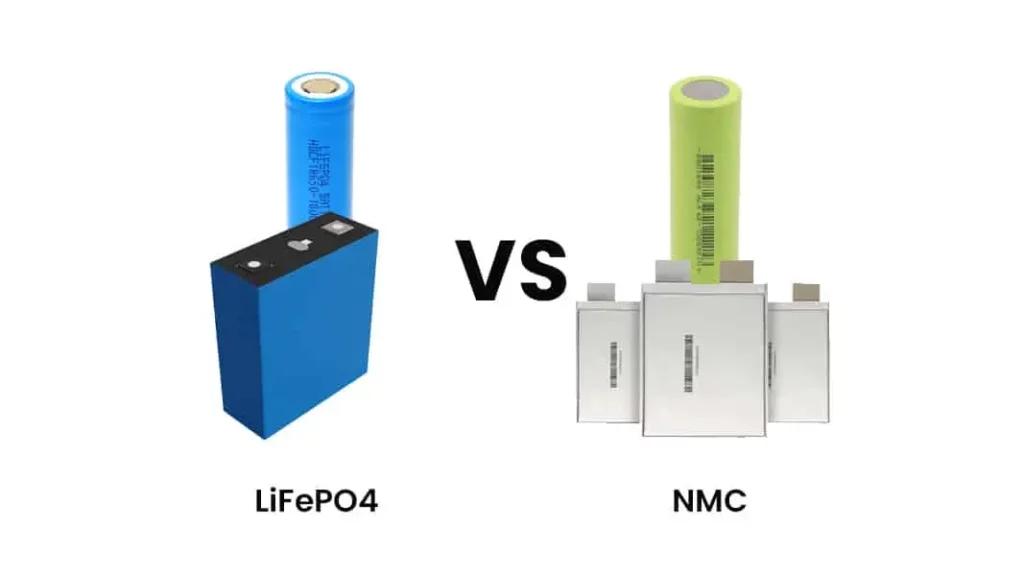As the world increasingly shifts towards renewable energy sources, the demand for efficient and sustainable energy storage solutions has never been more critical. Among the promising technologies emerging in this landscape is lithium-sulfur (Li-S) batteries, which are poised to revolutionize energy storage with their unique advantages over traditional lithium-ion batteries. This article delves into the current state of lithium-sulfur batteries, their potential applications, and what the future holds for this innovative technology.
Understanding Lithium-Sulfur Batteries
Lithium-sulfur batteries utilize lithium as the anode and sulfur as the cathode. This combination offers several significant benefits:
- Higher Energy Density: Lithium-sulfur batteries can achieve an energy density of around 500 Wh/kg, which is significantly higher than that of conventional lithium-ion batteries, typically ranging from 150 to 250 Wh/kg. This makes Li-S batteries particularly attractive for applications requiring lightweight and compact energy storage.
- Cost Efficiency: Sulfur is abundant and inexpensive compared to cobalt or nickel used in many lithium-ion batteries. This lower material cost can lead to reduced overall battery production costs.
- Environmental Benefits: The use of sulfur, a non-toxic and abundant element, presents a more environmentally friendly alternative to traditional battery materials, aligning with global sustainability goals.
Current Trends in Energy Storage Technologies
The energy storage landscape is evolving rapidly, driven by advancements in technology and increasing demand for renewable energy integration. Key trends include:
1. Transition to Alternative Chemistries
While lithium-ion batteries have dominated the market, there is a noticeable shift towards exploring alternative chemistries like lithium-sulfur. Research indicates that these alternatives can provide better performance metrics, including higher energy densities and longer cycle lives.
2. Integration with Renewable Energy Sources
As renewable energy sources such as solar and wind become more prevalent, effective energy storage solutions are essential to manage their intermittent nature. Lithium-sulfur batteries can store excess energy generated during peak production times for use during low production periods.
3. Focus on Sustainability
With growing awareness of environmental issues, there is an increasing emphasis on developing sustainable battery technologies. Lithium-sulfur batteries not only reduce reliance on scarce materials but also offer a path toward greener energy solutions.
Applications of Lithium-Sulfur Batteries
The versatility of lithium-sulfur batteries allows them to be applied across various sectors:
1. Electric Vehicles (EVs)
The automotive industry is one of the primary beneficiaries of lithium-sulfur technology. With the need for lightweight and high-capacity batteries, Li-S batteries could significantly enhance the range and efficiency of electric vehicles.
2. Portable Electronics
From smartphones to laptops, portable electronics require efficient power sources that do not compromise on weight or size. Lithium-sulfur batteries can provide longer-lasting power without adding bulk.
3. Grid Energy Storage
As countries aim to transition to renewable energy sources, large-scale grid storage becomes essential. Lithium-sulfur batteries can help stabilize the grid by storing excess energy generated from renewable sources and releasing it when needed.
Challenges Facing Lithium-Sulfur Battery Technology
Despite their promising advantages, lithium-sulfur batteries face several challenges that must be addressed for widespread adoption:
1. Cycle Life Limitations
One of the primary drawbacks of lithium-sulfur technology is its relatively short cycle life compared to lithium-ion counterparts. Researchers are actively working on improving this aspect through advanced materials and engineering solutions.
2. Sulfur Utilization Efficiency
The efficiency with which sulfur is utilized in the battery remains a challenge. Innovations in electrode design and electrolyte formulations are crucial for enhancing performance.
3. Manufacturing Scalability
Scaling up production while maintaining quality and performance standards poses another hurdle for lithium-sulfur battery manufacturers. Developing cost-effective manufacturing processes will be vital for market entry.
Future Prospects for Lithium-Sulfur Batteries
The future of lithium-sulfur battery technology appears promising as research continues to advance:
1. Technological Innovations
Ongoing research into improving cycle life, efficiency, and overall performance will likely yield breakthroughs that make lithium-sulfur batteries more competitive with traditional technologies.
2. Market Demand Growth
As demand for electric vehicles and renewable energy integration increases, so too will the need for advanced battery technologies like lithium-sulfur. Market analysts predict significant growth in this sector over the next decade.
3. Collaborative Efforts
Collaboration between academia, industry leaders, and governments will be essential in driving innovation and addressing existing challenges within the lithium-sulfur battery landscape.
Conclusion: A New Era in Energy Storage
In conclusion, the emergence of lithium-sulfur batteries marks a significant step forward in the quest for sustainable energy storage solutions. With their high energy density, cost-effectiveness, and environmental benefits, they hold immense potential across multiple applications—from electric vehicles to grid storage systems.As we navigate towards a future dominated by renewable energy sources, embracing innovative technologies like lithium-sulfur batteries will be crucial in overcoming current limitations and achieving a sustainable energy landscape. The continued investment in research and development will undoubtedly pave the way for this exciting technology to flourish in the coming years.















